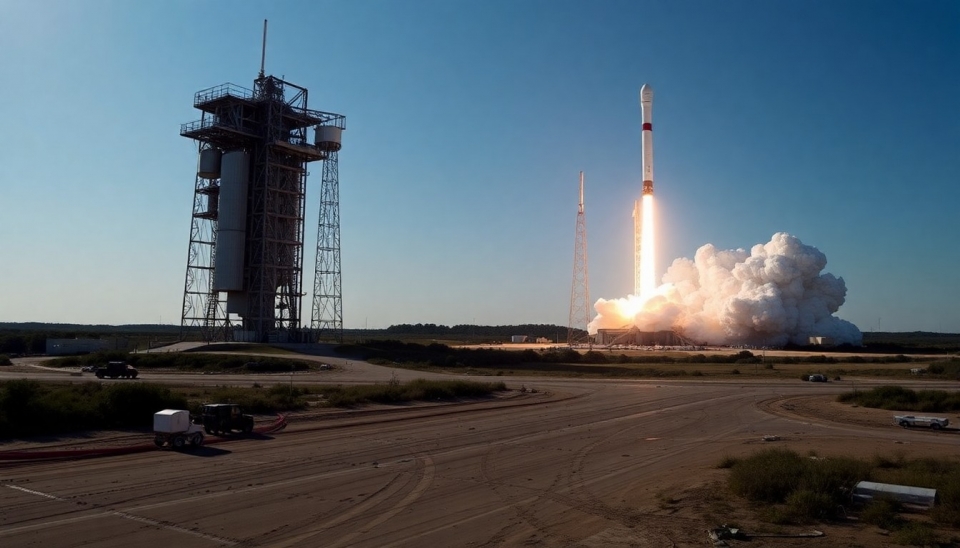
In recent developments, the focus of the space industry has shifted towards the Moon as a crucial stepping stone for the burgeoning deep space economy. As countries and private enterprises invest in lunar exploration and infrastructure, the Moon is beginning to transform from mere celestial body into a significant economic zone poised to support endeavors beyond Earth.
With various nations ramping up their lunar missions, including a series of robotic landings and potential human expeditions, the Moon is seen not just as a destination but also as a source of resources. Water ice reserves, critical for sustaining future lunar habitats and as a propellant for deep space travel, have been targeted by exploratory missions. The advancements in technology and exploration techniques are paving the way for humans to establish a permanent presence on the Moon.
Private companies are also leading the charge, entering this new era of commercialization in space. The growing interest from businesses ranges across industries, including telecommunications and mining, as they recognize the Moon's potential for resource extraction. One prominent venture aims at mining lunar regolith for elements like Helium-3, which could provide advanced energy solutions, setting the stage for significant economic opportunities.
As the lunar economy takes shape, the collaboration between governmental space agencies and commercial enterprises is becoming increasingly vital. Partnerships are evolving to create a framework that supports shared goals in lunar development. The Artemis program, spearheaded by NASA, exemplifies this approach, which seeks international cooperation and private sector involvement to establish a sustainable human presence on the Moon by the end of the decade.
Furthermore, the Moon serves as a launch pad for more ambitious missions to Mars and beyond. By utilizing lunar resources, spacecraft can be manufactured and fueled closer to their destinations, reducing the need for extensive supplies to be sent from Earth. This strategic positioning of the Moon as a logistical hub highlights its importance in the grand vision of exploring the solar system.
However, challenges abound as the race for lunar commercialization intensifies. Legal frameworks and regulations need to be established to ensure that the exploitation of lunar resources is conducted in a manner that is ethical and sustainable. International treaties regarding space exploration are under scrutiny, as nations strive to assert their claims over lunar territories.
In summary, as the Moon emerges as a focal point for the deep space economy, the blending of public and private interests will be crucial in navigating the complexities of space exploration and commercialization. The next few years will be pivotal in shaping the prospects of our interplanetary future.
#Moon #SpaceEconomy #LunarExploration #CommercialSpace #DeepSpace #ArtemisProgram #Helium3 #SpaceMining #InternationalCooperation
Author: Liam Carter

